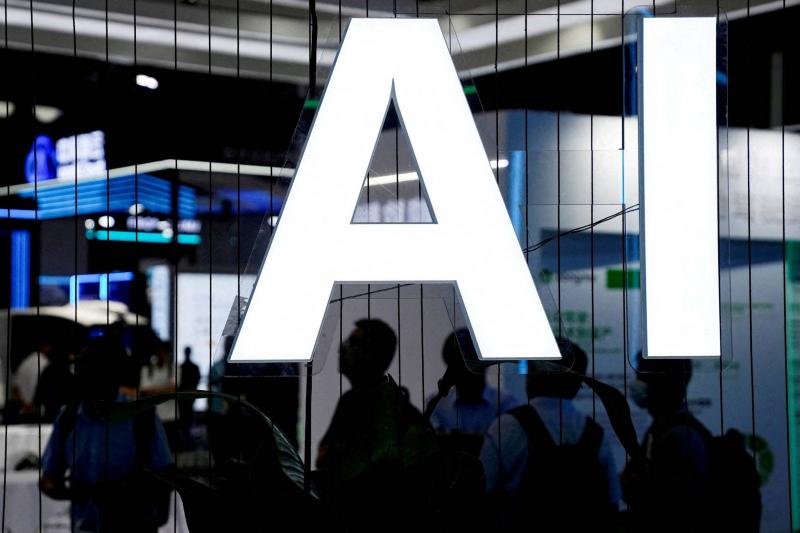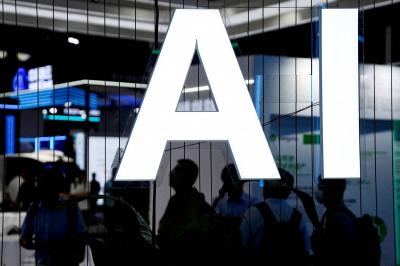A United Nations study released today indicates that generative artificial intelligence is unlikely to entirely take over the jobs of most individuals; however, it will automate parts of their duties, allowing them to engage in other tasks. The study warns that written work is likely to be the most adversely affected, potentially causing greater harm to jobs held by women due to the significant number of women employed in this sector, particularly in wealthier countries.
The study, conducted by the International Labour Organization, concluded that "most jobs and industries are only partially exposed to automation, hence they are more likely to be complemented rather than replaced by artificial intelligence." This implies that "the most significant impact of the technology is likely to be an increase in work."
According to the study, writing jobs will be the profession most affected by artificial intelligence, which is capable of generating text, images, sounds, animations, 3D models, and other data, and it is anticipated that a quarter of job tasks will be highly exposed to automation. In contrast, most other professions, such as managers and sales workers, are only marginally at risk.
The UN agency's report cautioned that the impact of generative artificial intelligence on affected workers will remain "harsh." The International Labour Organization stated, "For policymakers, our study should not be read as a soothing voice but as a call to harness policy to address the technological changes we face."
The surge of interest in generative artificial intelligence and chatbot applications has raised concerns about job elimination, reminiscent of the disruption caused by the advent of assembly lines in the early 20th century and the introduction of mainframe computers in the 1950s.




